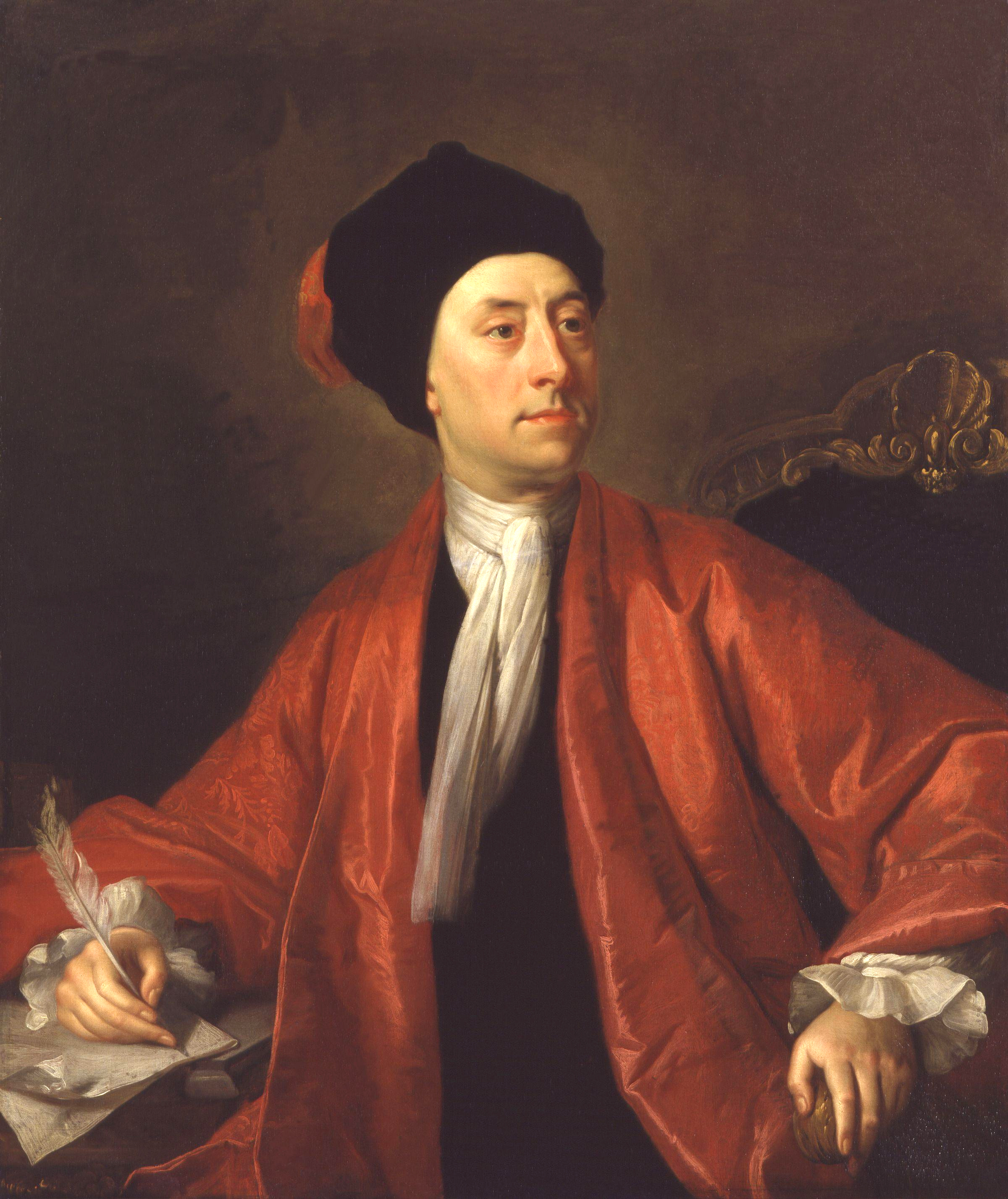Matthew Prior frases e citações
Matthew Prior: Frases em inglês
“They never taste who always drink;
They always talk who never think.”
Upon a passage in the Scaligerana; reported in Bartlett's Familiar Quotations, 10th ed. (1919).
I am that I am, An Ode; reported in Bartlett's Familiar Quotations, 10th ed. (1919).
To the Honorable Charles Montague (1692).
“From ignorance our comfort flows.
The only wretched are the wise.”
To the Honorable Charles Montague (1692).
“That air and harmony of shape express,
Fine by degrees, and beautifully less.”
Henry and Emma; reported in Bartlett's Familiar Quotations, 10th ed. (1919).
“Forbear to mention what thou canst not praise.”
Carmen Seculare http://books.google.com/books?id=gtYWAAAAQAAJ&q="Forbear+to+mention+what+thou+canst+not+praise"&pg=PA157#v=onepage (1700).
“A Rechabite poor Will must live,
And drink of Adam's ale.”
The Wandering Pilgrim.; reported in Bartlett's Familiar Quotations, 10th ed. (1919).
“Abra was ready ere I called her name;
And though I called another, Abra came.”
Solomon on the Vanity of the World, book ii, line 364; reported in Bartlett's Familiar Quotations, 10th ed. (1919).
“Odds life! must one swear to the truth of a song?”
A Better Answer; reported in Bartlett's Familiar Quotations, 10th ed. (1919).
The Lady Who Offers Her Looking-Glass to Venus (1718).
“For hope is but the dream of those that wake.”
Solomon on the Vanity of the World, book iii, line 102; reported in Bartlett's Familiar Quotations, 10th ed. (1919).
“Till their own dreams at length decive 'em,
And oft repeating, they believe 'em.”
Alma, Canto III, l. 13 (1718).
“Who breathes must suffer, and who thinks must mourn;
And he alone is bless'd who ne'er was born.”
Solomon on the Vanity of the World, book iii, line 240; reported in Bartlett's Familiar Quotations, 10th ed. (1919).
“He ranged his tropes, and preached up patience;
Backed his opinion with quotations.”
Paulo Purganti and His Wife (1708).
“Now fitted the halter, now traversed the cart,
And often took leave, but was loth to depart.”
The Thief and the Cordelier (1718).
“Cured yesterday of my disease,
I died last night of my physician.”
The Remedy Worse than the Disease (1714).
